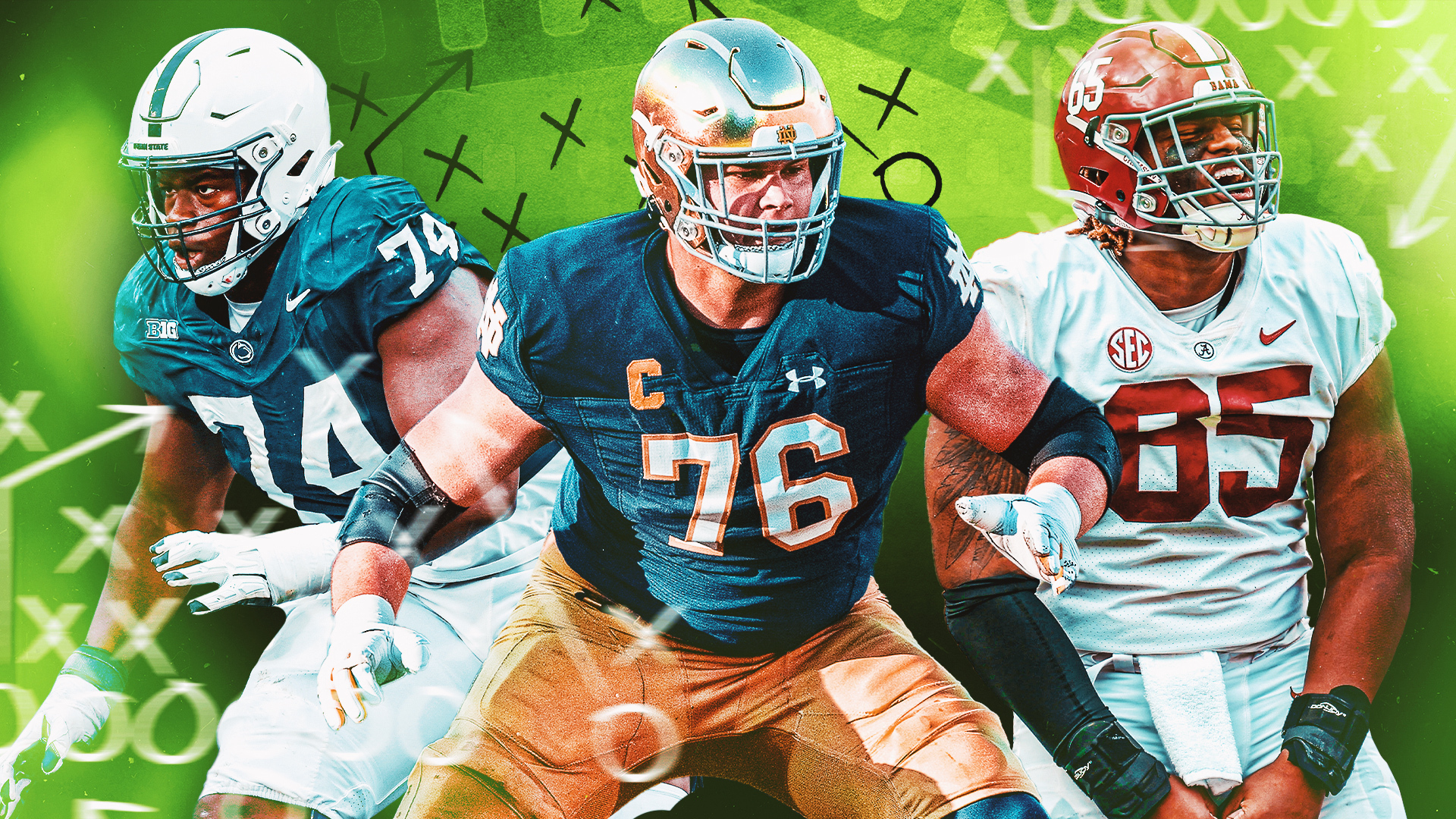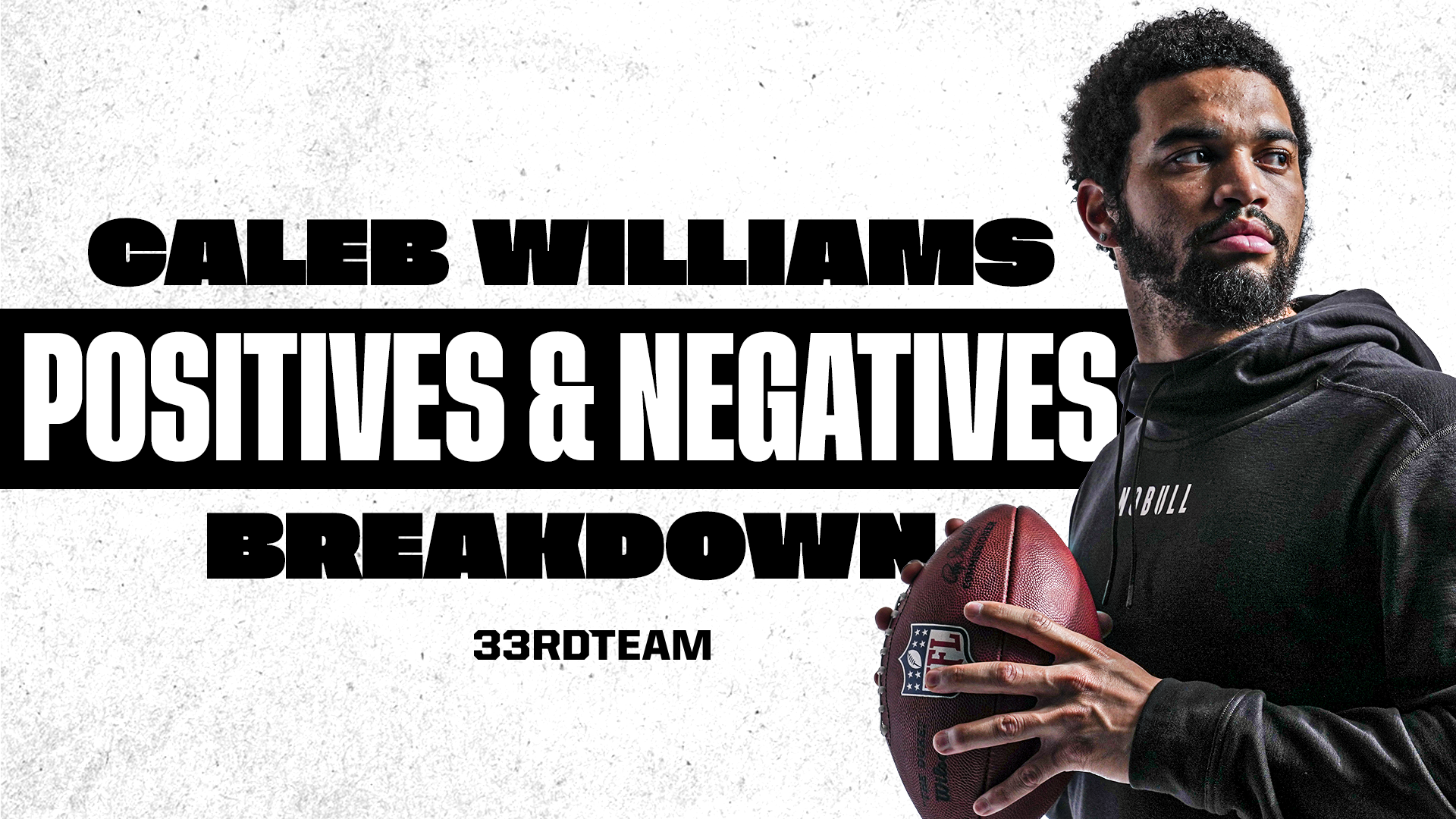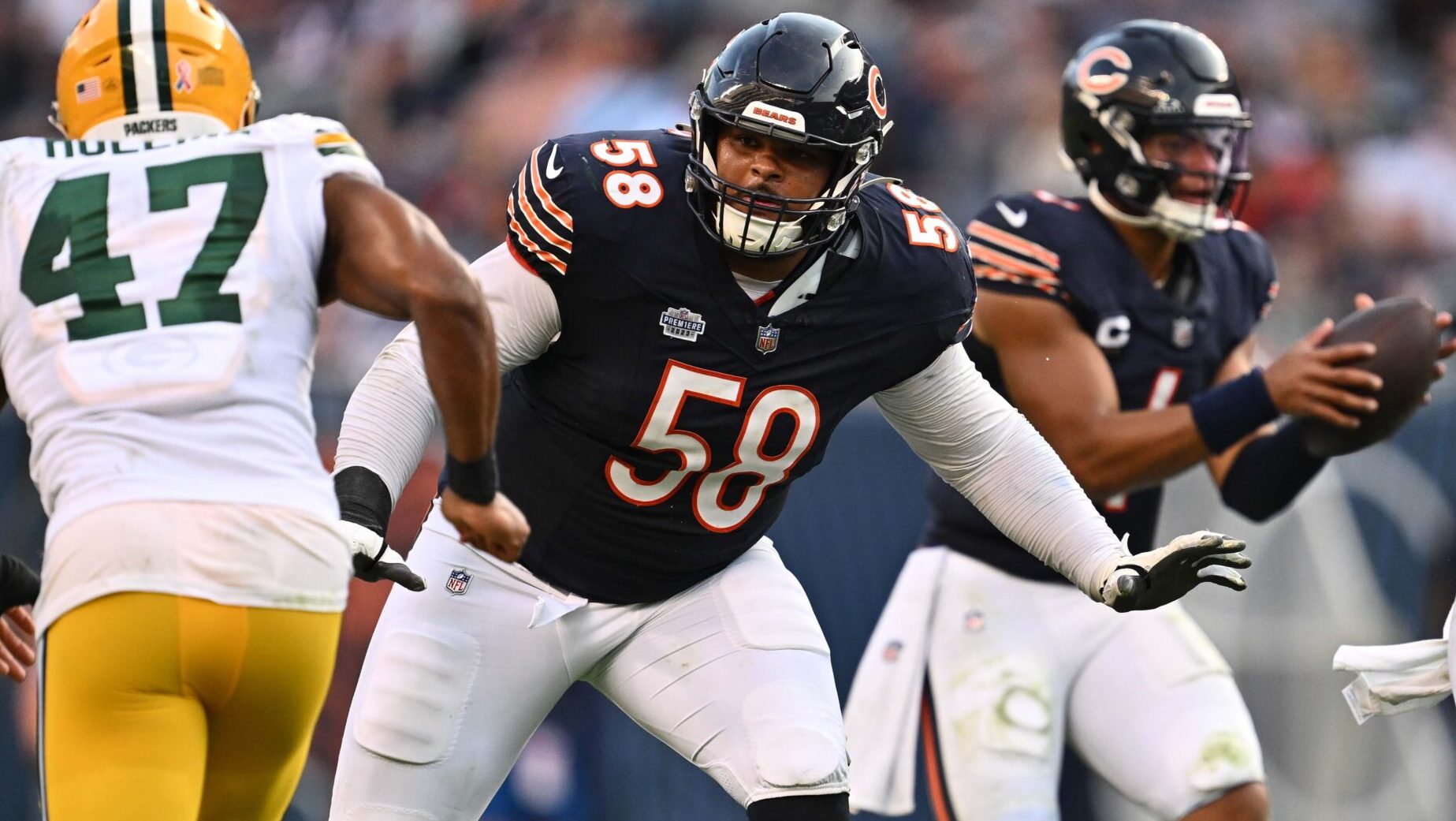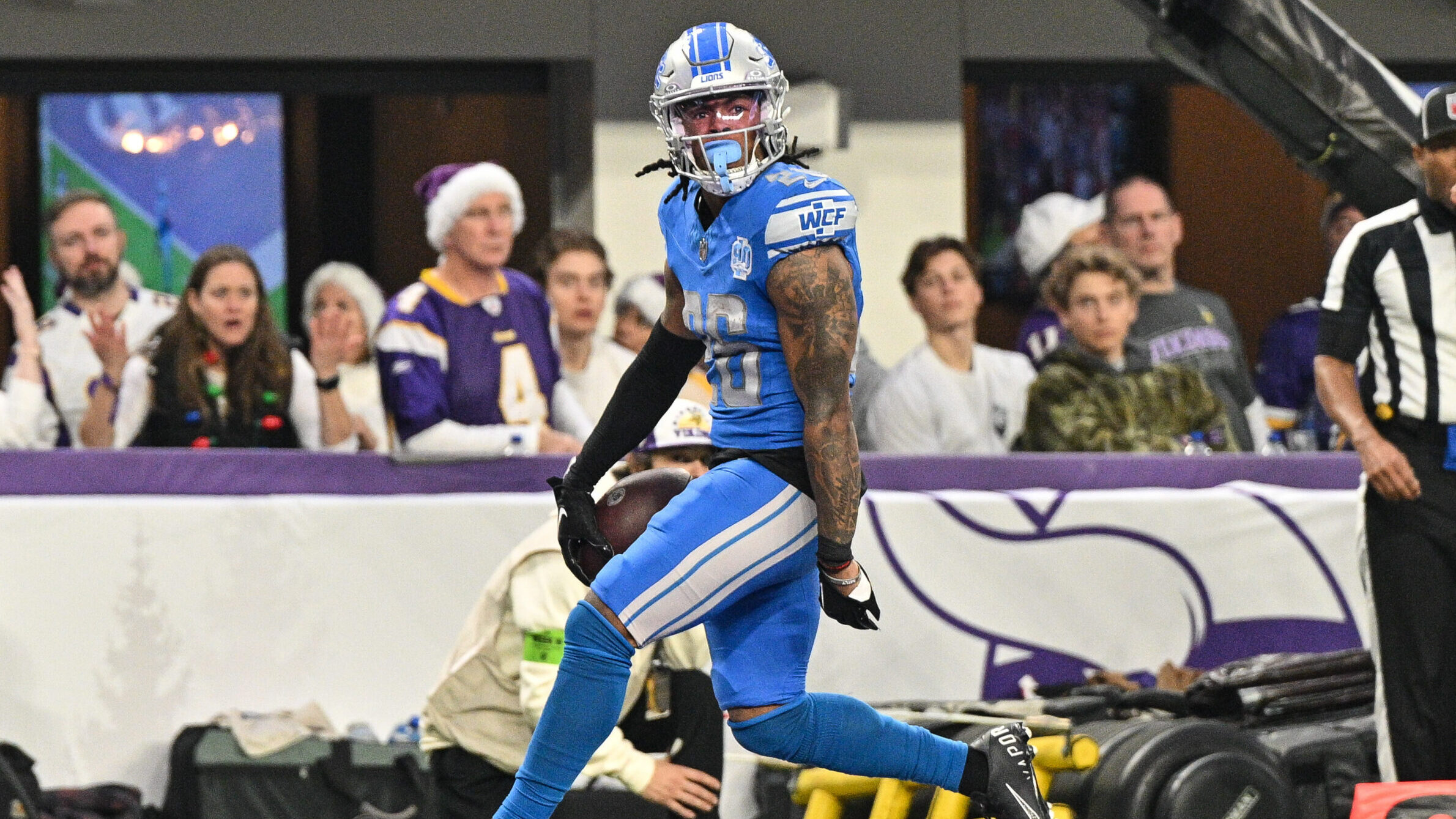Analysis
7/4/22
6 min read
Annie Duke on How Decision-Making Impacts the NFL Draft

The NFL Draft at its core boils down to decision making. Sometimes those decisions are made quite easily with little extra thought needing to be put into it, and other times there are large amounts of pressure on front offices to make the right pick.
Whether it is the first overall pick for a team looking to rebuild or a later pick for a team that is looking to make it back to the Super Bowl, the decisions made by front offices in those situations can be extremely impactful in both positive and negative ways.
Annie Duke is a former professional poker player who has spent years learning the ins and outs of high stakes decision making and has unique insight into decisions and the decision process as a whole on draft day for NFL teams.
“Obviously there's a lot of pieces to the draft process. You’re trying to get input from a variety of people ranging from personnel [departments], medical staff, scouts, so on and so forth. When you look at the way those processes tend to be run, the personnel department for example, they might tend to discuss players in a group setting. So, they might be talking about trying to come up with some sort of ranking, or score for the players from their perspective within the team and how it's going to fit in. That's one way it can happen. The other way I have seen it happen is there's a grade that's given to the player by the scouts, and they sort of just talk in a group and read off their grades.”
From Duke’s perspective on decision making, “neither of those two things is good.”
“Instead, what we want to do is say ‘Look, the reason that you have a team,’ and this is so incredibly important, ‘is that I’m biased. I see the world through my own perspective, through my own frame, through the lens of my own personal experiences.’”
She gave an example about how a player could be drafted out of consensus, and in that particular instance it goes on to work out great. In this instance it could lead to some being biased towards thinking that picking a player out of consensus is the best way to go about things because it worked out that way the one time, when in reality it is far more likely that this bias could cause decision makers to believe that certain players are a far better choice than they actually are simply due to consensus.
Duke gave multiple hypothetical scenarios where this could also apply ranging from the performance of a player that was taller or shorter than usual for a position, or players of a certain body type or athletic profile turning out a certain way. The list of possible scenarios is seemingly endless when thinking of how bias towards players can creep into the decision-making process.
“In poker a situation like this could be where I raised [the bet] in a certain situation, and it ends up not working out. Now I might be biased to not raise, even though it would be technically the right choice.”
“We all have our own experiences that color the way we think about the world. So, what's the antidote to that?”
She answered her own question: “The antidote to my own perspective is your own perspective. Your perspective is also biased, but in totally different ways than mine is. So, assuming that we both have enough expertise, to have a really good and valid opinion about something, we can balance each other out and discipline each other’s distorted view of the world. But that's only true if we are not contaminating each other’s points of view.”
She further commented that this can turn problematic in some situations where one party is the technical superior to the other, and that the viewpoint of the superior might be deferred to by the subordinate for any number of reasons which results in “the loss of what so great about being on a team together, which is that we have different perspectives.”
“We have a team because every team member has different perspectives. And what we want to do is illicit those perspectives in a way that's uncontaminated. This way we get a much better 360 degree walk around the decision.”
For Duke, the way to make decisions in a team setting like the draft is for each party within the decision-making process to come to their own conclusion individually, and then rather than simply discuss a player and come to a group consensus, discuss a player, and elaborate why certain grades were given and how each conclusion was reached. Rather than convince others that one viewpoint is correct or coming to a group consensus, simply understand each view of the player from a deeper level.
By taking this approach, according to Duke, “What we are doing is increasing the knowledge of the group. And rather than talking about the place where we agree, we are talking about the places where we disagree in a way that's going to fill in our knowledge gap and really increase the quality of the decision that comes out of that process.”
When asked about the eventual consensus that must be reached to formulate a draft board and how to reach that through that process, Duke replied:
“It depends on the culture of the team, but I don’t think there needs to be consensus. The scouts see the players that they see, they have a rubric that they fill out, and that results in conversation that eventually reaches the ultimate decision maker. And there's multiple ways to do it. There can be a head of the group who takes all that information and conversation and says ‘Okay, now I’m going to be able to force rank the players.’ You can do it by saying ‘We’ve all had these discussions, does anyone want to update their rankings?’ And that allows them to do it of their own free will, there isn’t this sort of coercion that can arise in other situations where I’m trying to convince you to see things my way. And this way could allow you to take an average of the rankings. There are multiple ways you can do it, but I don’t think everyone should have to agree with each other or the final outcome.”
In Duke's opinion: “Whatever is outputted by the group, you shouldn’t have to sign off on…Because if you don’t agree but you sign off on it, you’re just caving and that's not really true consensus. How could you all universally agree on a player? That's why there's a market. That's why different teams go after different players. Even teams that run the same schemes...I think consensus is a really bad thing under most circumstances because it's not real.”








